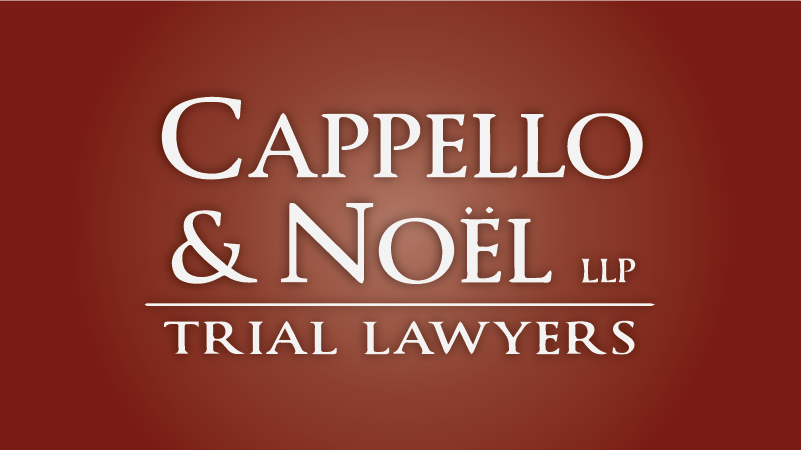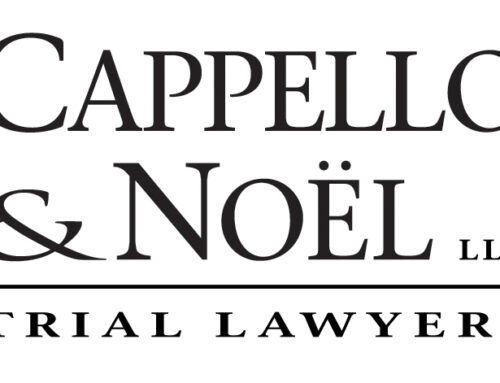By A. Barry Cappello
Lenders often demand far more security than they need when a business borrower seeks a loan. While this may be a prudent and cautious lending strategy for banks, it can prove disastrous for a business borrower or guarantor who pledges personal collateral for the loan.
For example, a lender may ask for a deed of trust or mortgage on the business borrower’s personal home in addition to a security interest in the business inventory, receivables or other intangibles of the borrower’s business. It may also demand a guarantee by a corporate officer and insist on a deed of trust of the guarantor’s house to secure the guarantee. In such situations, both the borrower and guarantor are at risk of losing their homes if the loan defaults.
Guarantors must understand that a guarantee is a legally binding agreement that in effect could make the guarantor just as liable as the borrower for repayment of the loan. While most guarantors believe that the lender will come after them only after failing to get satisfaction from the borrower and the borrower’s collateral, that is NOT SO.
Years ago, guarantors had the right to make the lender proceed first against the borrower, but most standard guarantees today include a waiver of that right. This means that the lender may legally go after the guarantor and any collateral posted by the guarantor FIRST before the lender sues the borrower or forecloses on the borrower’s collateral.
It doesn’t matter whether the lender tells the borrower or guarantor: “Don’t worry–we would never foreclose on your home–we just need the security for bookkeeping,” or uses some other pretense to induce the borrower or guarantor to put up their home as collateral for a business loan. Be assured that the lender will deny these oral reassurances and insist the lender’s written unconditional rights are spelled out in the loan documents. Those documents will often trump any oral statements.




